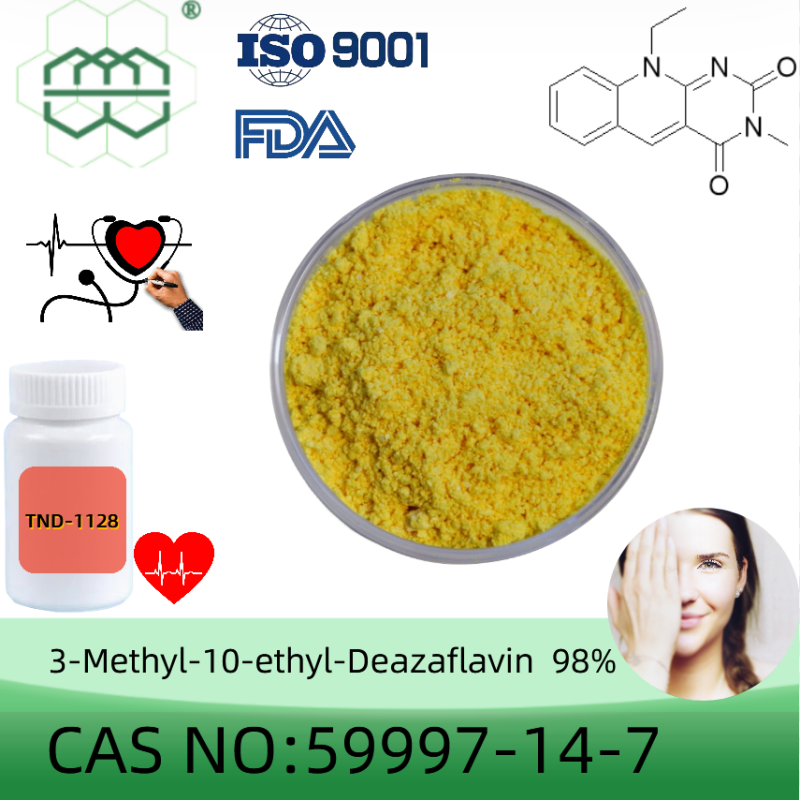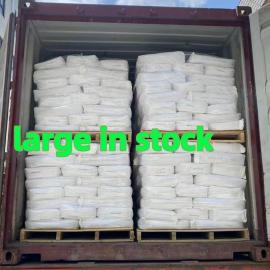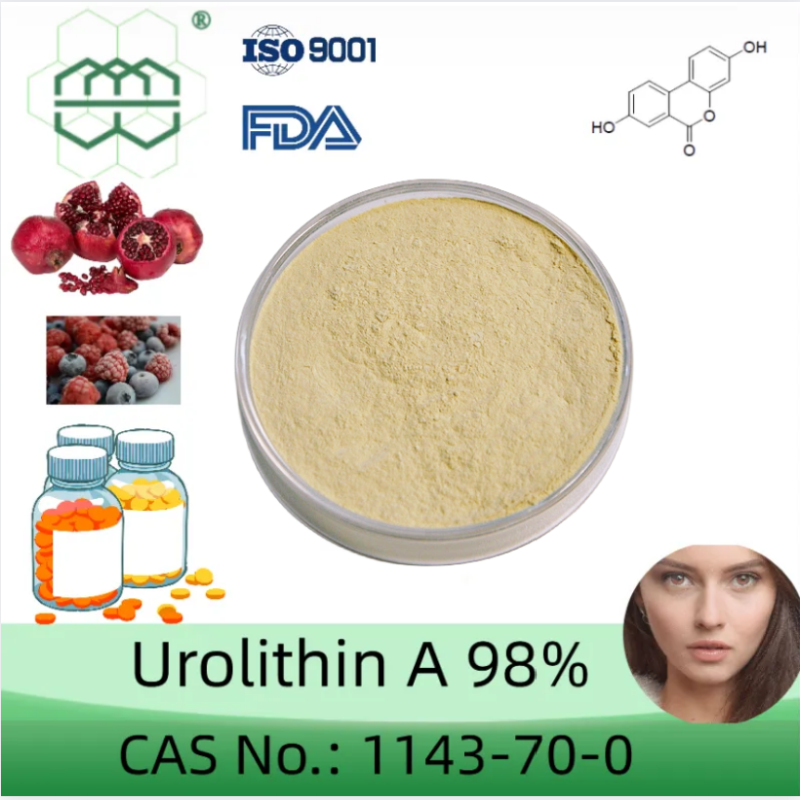-
Categories
-
Pharmaceutical Intermediates
-
Active Pharmaceutical Ingredients
-
Food Additives
- Industrial Coatings
- Agrochemicals
- Dyes and Pigments
- Surfactant
- Flavors and Fragrances
- Chemical Reagents
- Catalyst and Auxiliary
- Natural Products
- Inorganic Chemistry
-
Organic Chemistry
-
Biochemical Engineering
- Analytical Chemistry
-
Cosmetic Ingredient
- Water Treatment Chemical
-
Pharmaceutical Intermediates
Promotion
ECHEMI Mall
Wholesale
Weekly Price
Exhibition
News
-
Trade Service
Food Partners Network Thailand Siam Daily, December 17 news: Today, the Thai Consumer Foundation announced the Thai market 47 vitamin C beverage samples of vitamin C content does not match the product label label vitamin C content test results, 8 samples did not find vitamin C, one of which is D .R. Drink DRDRINK Gen Mai Vitamin Water (the product tested at the Testing Center is: 9 November 2020 and the shelf life is D.R. Drink DRDRINK Gen Mai Vitamin Water on 9 November 2021).
night, Thailand's D.R. Drink issued a clarification letter on the test results.
as follows: 1, such beverage products in the production and manufacturing process, according to the packaging label identified content added vitamin C.
details of the results of the inspection are contained in the test reports issued on 23 July 2020 and 25 August 2020.
2, certain properties of vitamin C are easier to break down than other vitamins, which may cause the vitamin C content in the product to be lower than the labeled content, but has not been fully decomposed until it is not detected that the product contains vitamin C.
because vitamin C usually dissolves in water and forms hydrolysis, which becomes another nutrient and remains in the water as before.
, vitamin C levels are reduced according to the principle, but the nutritional content does not change much.
3, the company anticipated and added more than the legal amount of vitamin C, the company decided not to do so.
, if consumers drink these drinks in large quantities for a long time, it can cause diseases such as diarrhea and gastrointestinal irritation, which is not conducive to consumer health.
4, the company chose to use transparent bottles to fill the product, although this may have the opportunity to reduce vitamin C content, but this makes the bottle a recyclable high-quality plastic.
In addition, the company added other antioxidant ingredients to the product, such as rice extract, seor blossom extract, and hydrate minerals, and chose to wrap wrapping paper in bottles to minimize the chance of vitamin loss.
5, the company will still produce vitamin drinks according to the standards of vitamins contained in statutory beverages.
in order to achieve the quality levels of GMP and HACCP, the company will continue to research and develop products around the bottle packaging cling film sector to protect and store more vitamins, and the company will continue to develop products that are most beneficial to consumers.
article was compiled by the International Standard Law Department of Food Partners Network for reference by netizens.
welcome to reproduce, reprint please indicate the source! For more information, please contact: 0535-2129301, email:vip@foodmate.net.
International Standard Law Department is responsible for english, Russian, Japanese, Korean, Thai, Vietnamese, Spanish and other relevant countries and regions of food safety standards regulations and information dynamic monitoring and analysis, while providing enterprises with label audit, import and export compliance consulting services.
。







